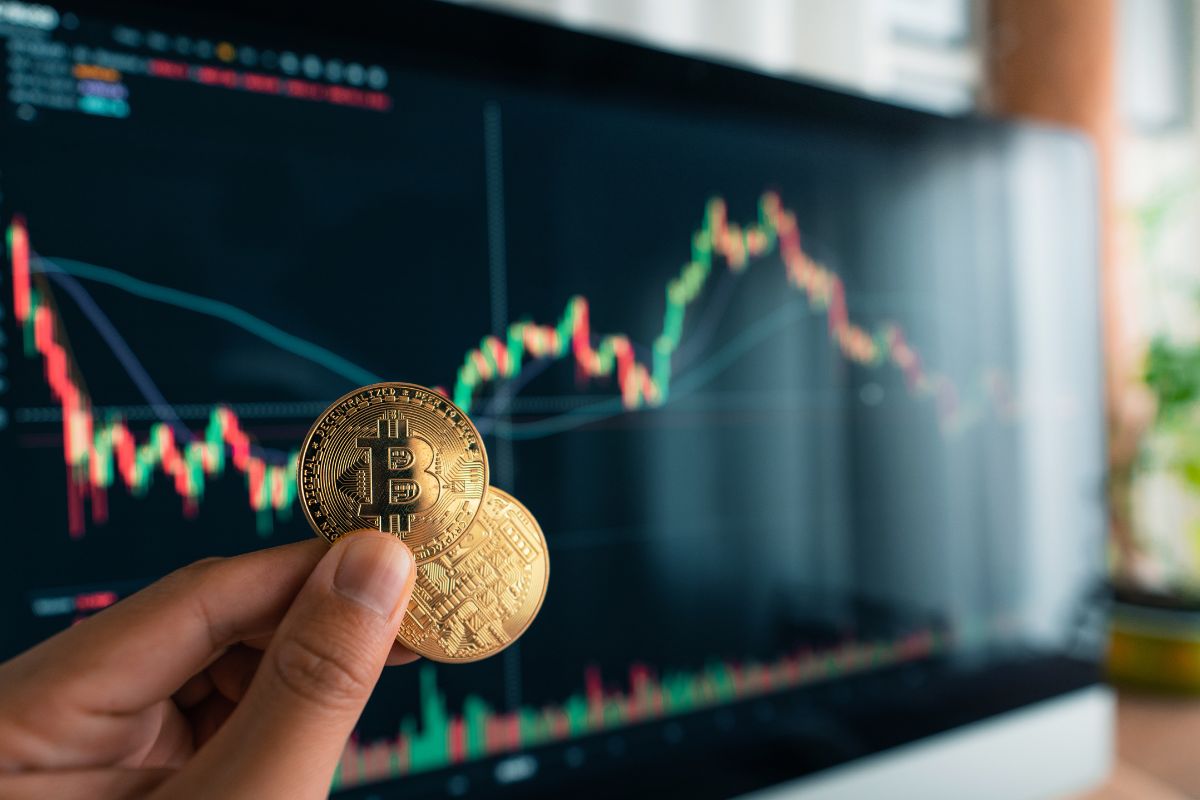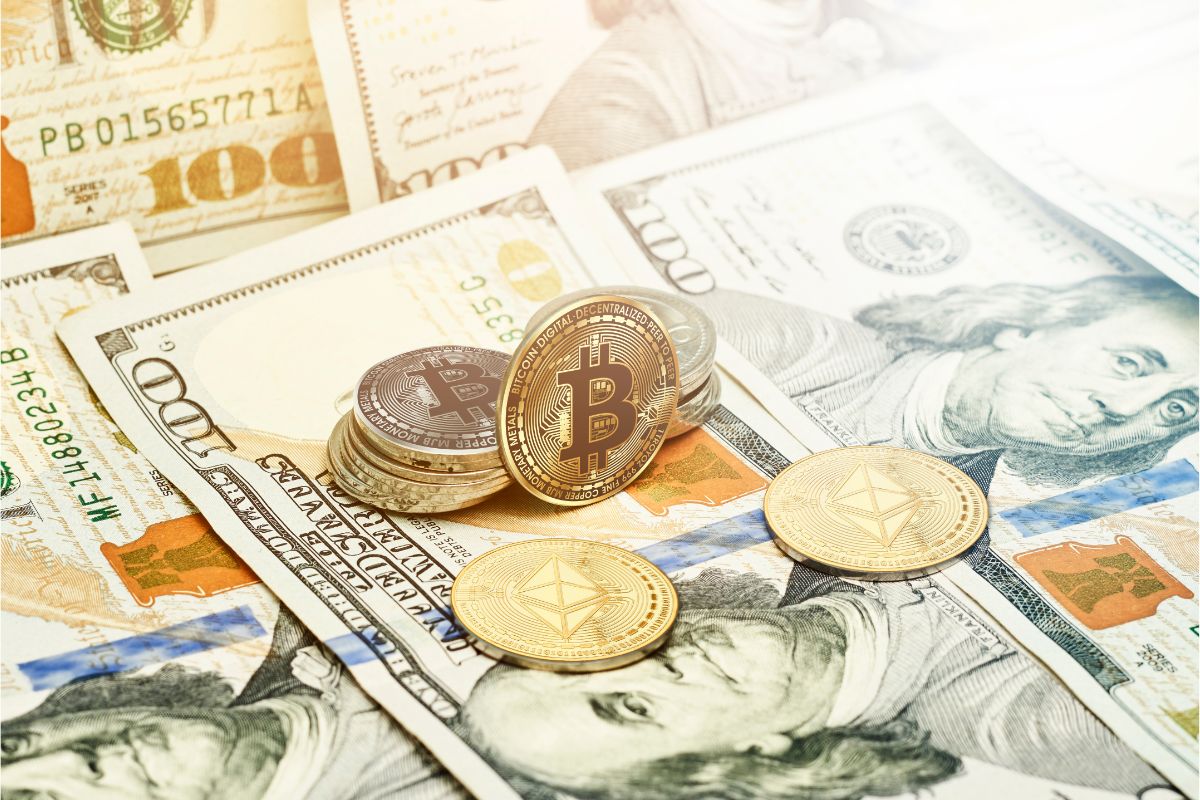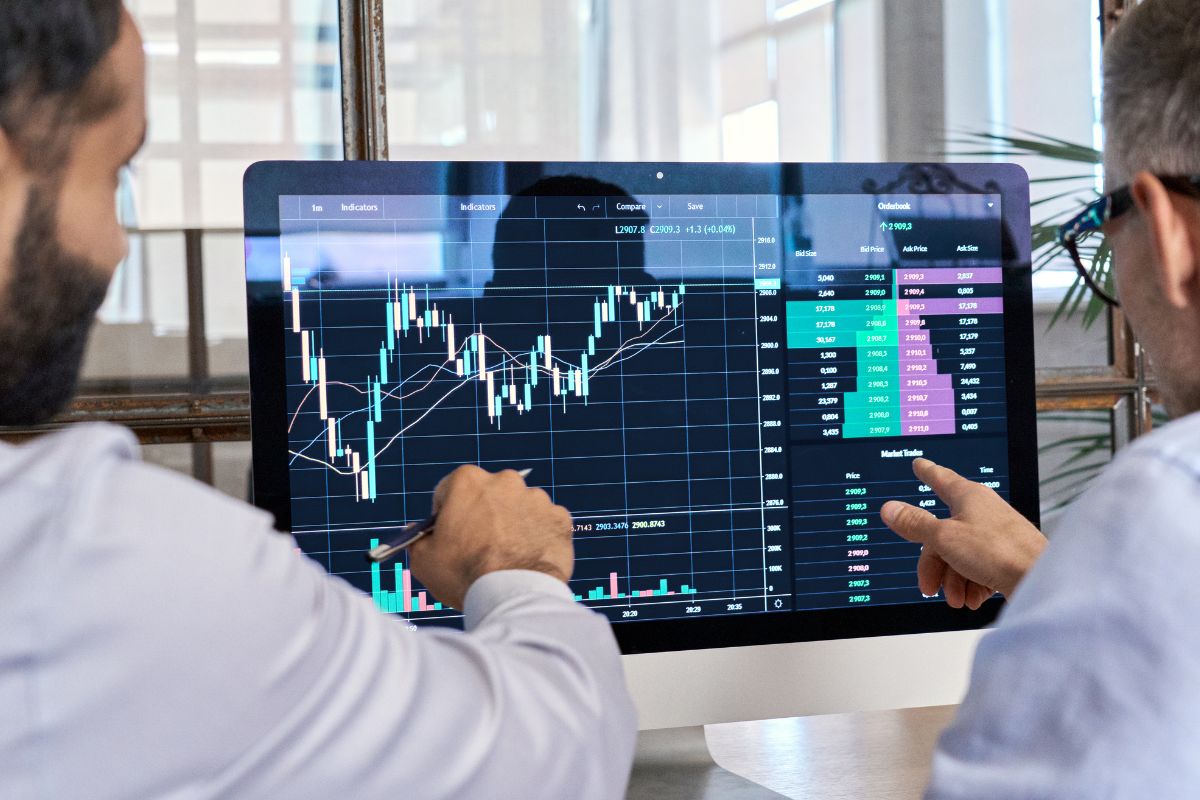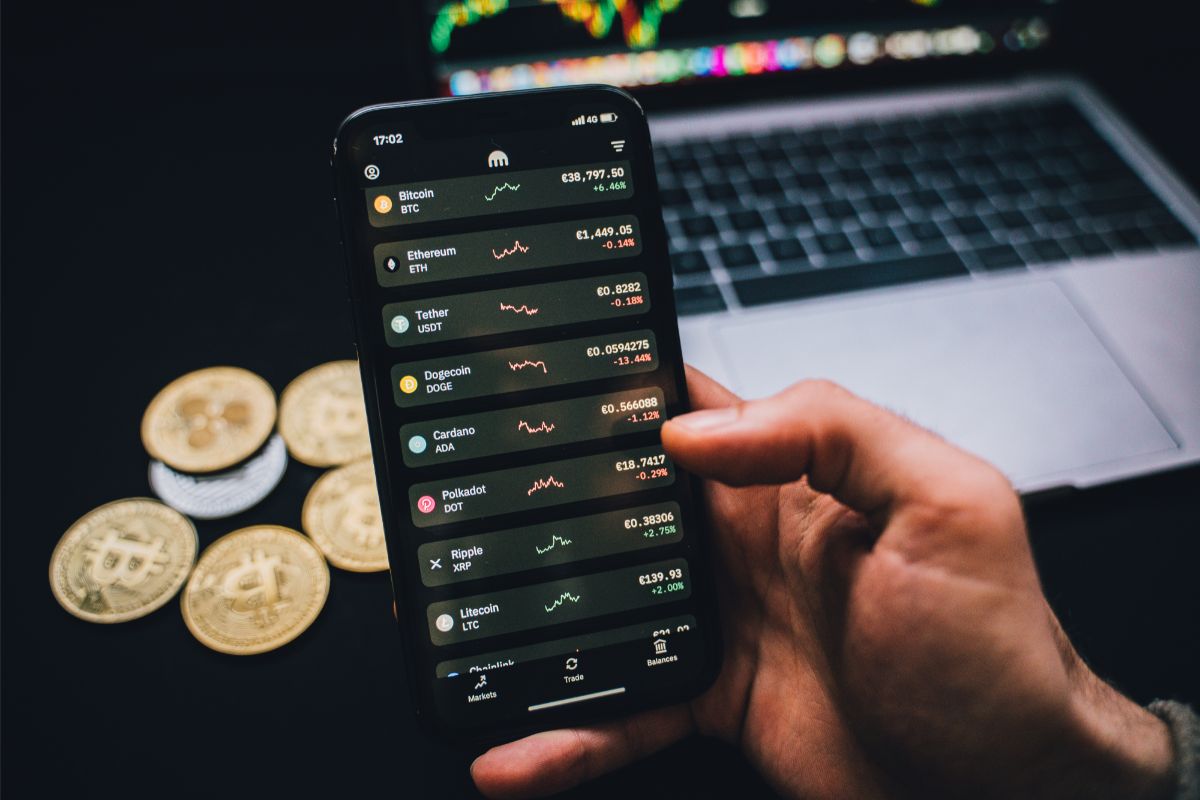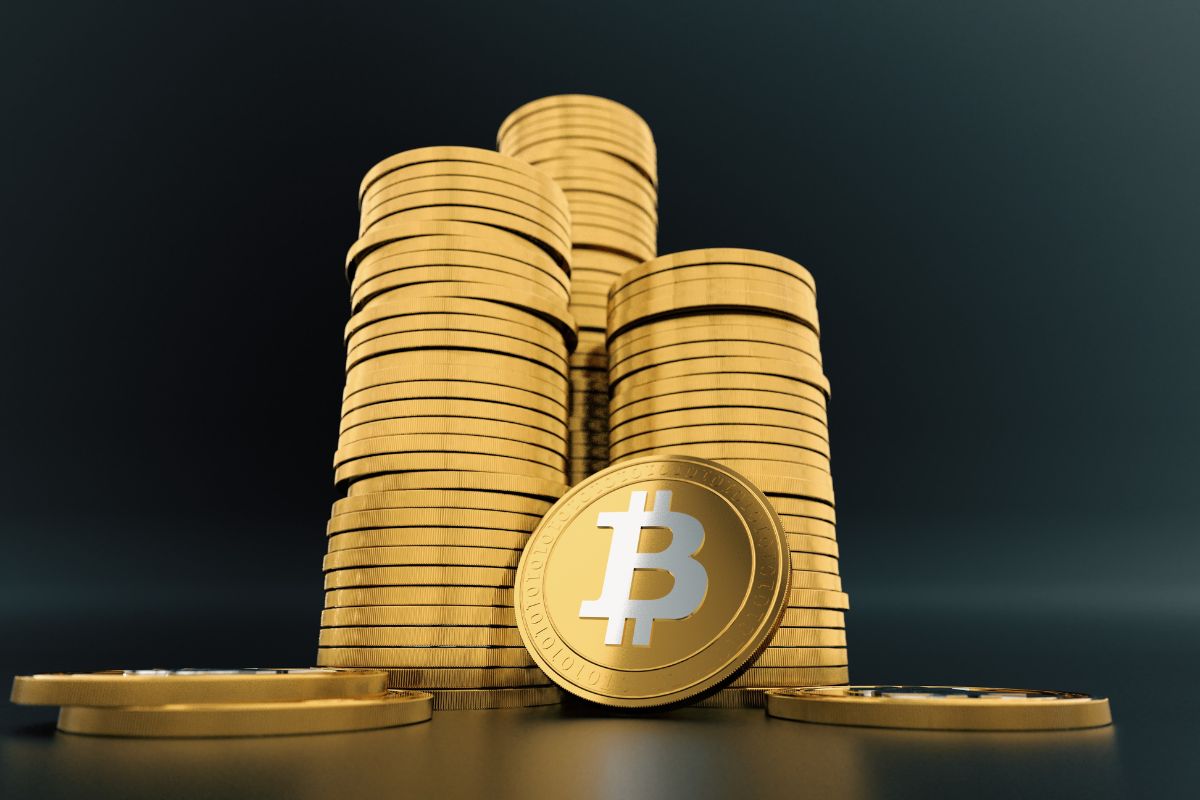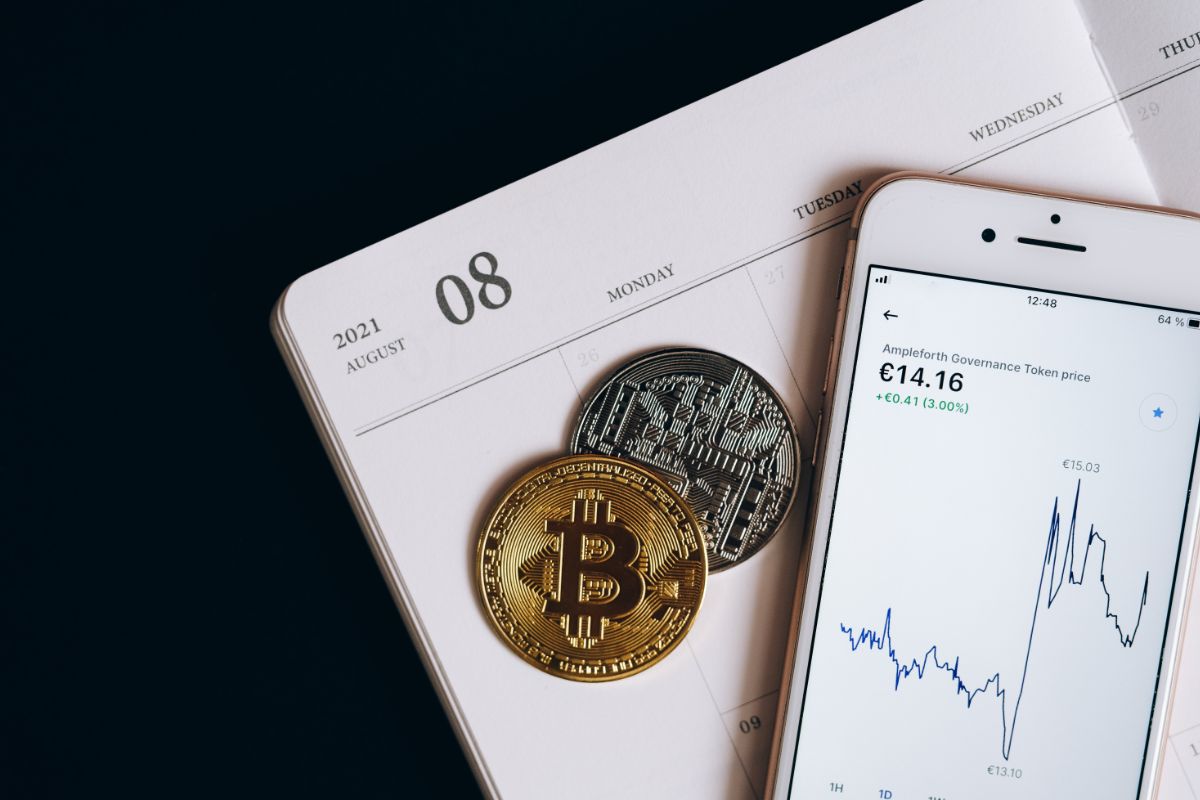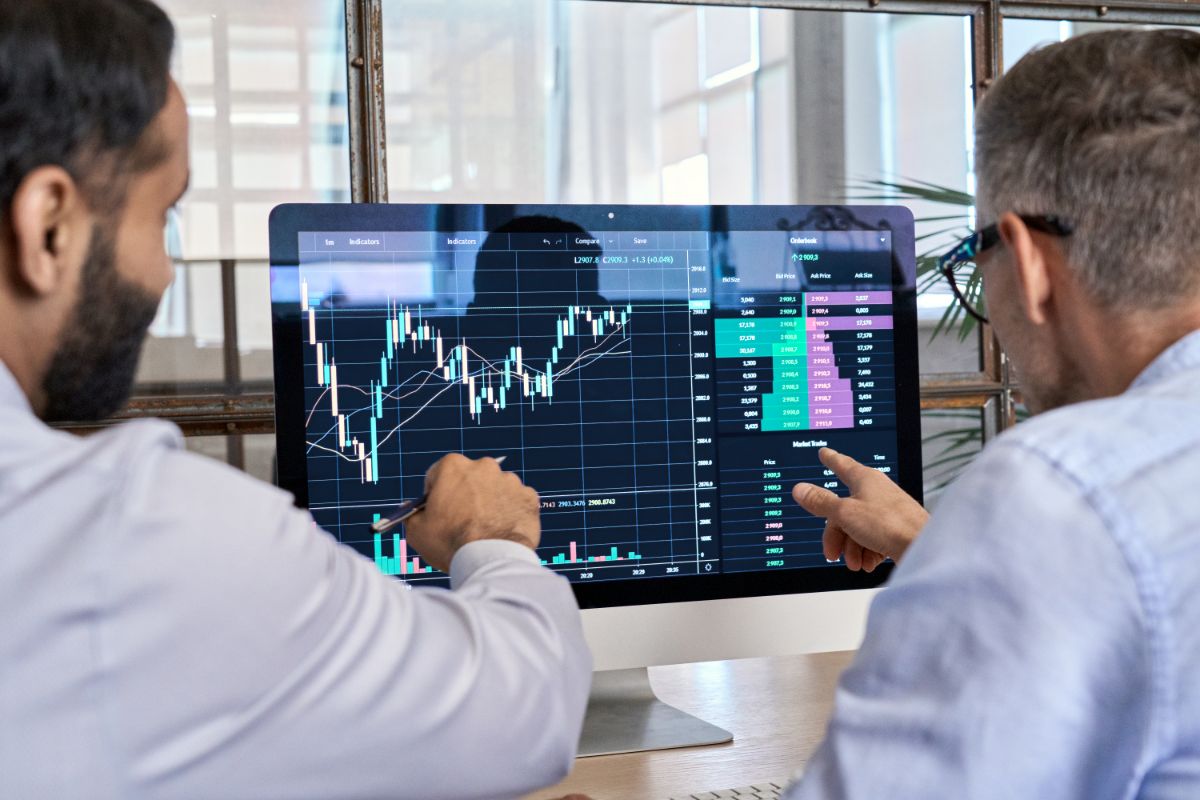Contrary to what it sounds like, crypto markets aren’t a physical place. It’s not like you can go into Walmart and say ‘I’d like to buy 3 crypto plz?’
All cryptocurrency trading, buying it, selling it, and even loaning it, is done on the internet via cryptocurrency exchanges.
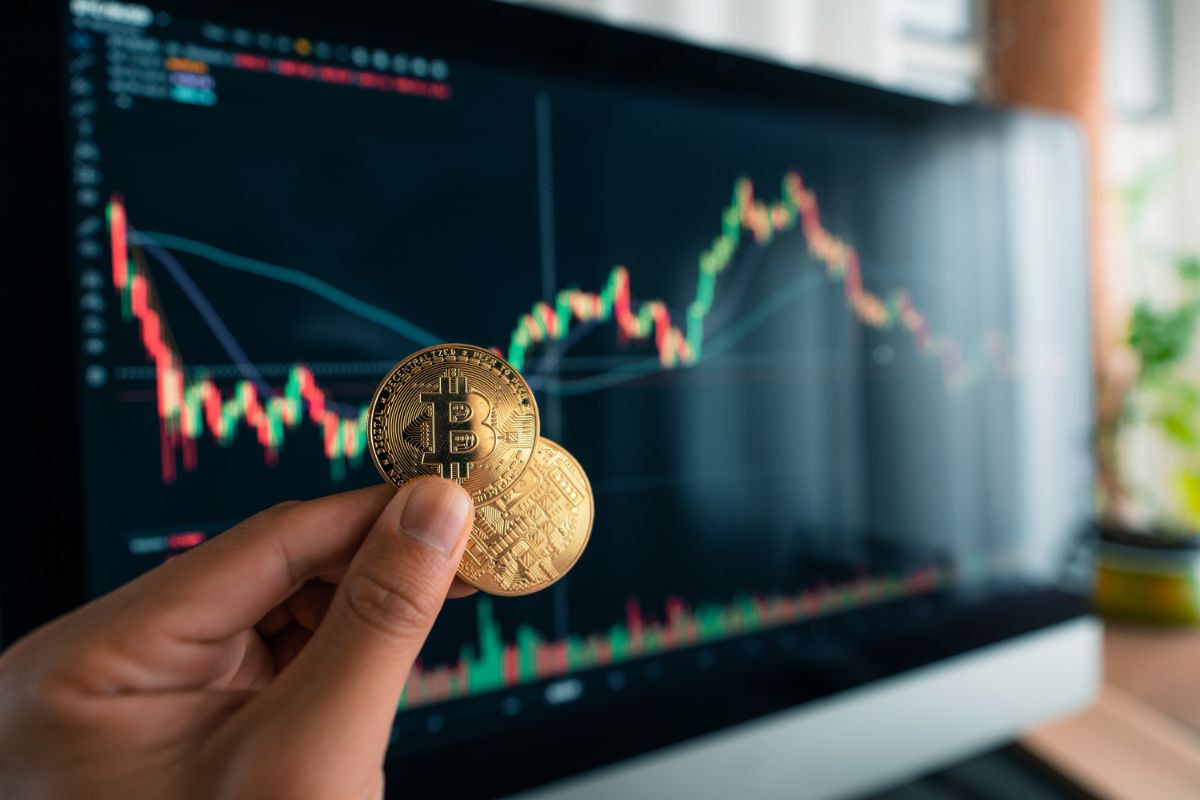
Exchanging crypto has a lot of similarities to the stock market. Except there’s a major difference between them. While the stock markets close, crypto markets operate differently.
Crypto markets don’t close, and there’s a very interesting reason for this.
How Do Crypto Markets Operate?
First of all, crypto markets operate 24/7. This is in contrast to the stock market which closes.
The stock market closes because it’s tied to The World’s Major Stock Exchange, which are physical locations in different countries.
For example, the stock market exchange in the US is based in New York. China’s stock market exchange is based in Shanghai and the UK’s stock exchange is based in London.
You can reach these markets online or over the phone as well, but the trading will always come to a close at the end of the day and is closed on weekends.
This is very different from cryptocurrency exchange which is far less traditional. This is basically because cryptocurrency trading all happens online.
And as we all know, the internet never sleeps. Crypto markets operate 24/7, 365 days a year.
All crypto trading happens through crypto exchanges. And unlike the stock market, there’s not just one place that you have to go to trade cryptocurrency.
There are multiple platforms that you can go to. As well as crypto exchanges, they offer different services that vary by platform.
Crypto Markets/Exchanges
As said earlier, crypto exchange and trading happen online. But where exactly online? How do you get there? Well, it’s not as secretive as it might sound.
Various websites offer a crypto trading platform, as well as acting as a place where you can buy crypto as well as trade it.
There are 3 main types of crypto exchanges. Centralized, Decentralized, and Hybrid, cryptocurrency exchanges.
If you’re scratching your head and are just that little bit confused, don’t worry, we’ll explain what these are.
Centralized Crypto Exchanges
When something is centralized, it means regulation or control is coming from one authority. In terms of crypto exchanges, it means that exchange uses a kind of middle-man acting between you and the crypto exchange.
This is an added layer of protection. This is great for avoiding being hacked as well.
Plus, it overcomes the frustration of being locked out of your crypto-wallet, because you’ve forgotten the key. A centralized exchange will give you protected ways to get back in.
You can also trade between two different types of cryptocurrencies using a centralized system.
A centralized system will almost act like a bank, in its provision of an escrow service. It’s like having a bodyguard between you and the market.
So while protection is a big bonus, you might not always get the best exchange rate. Sometimes there can even be fees, like taker fees and gas fees, so be sure to check that.
Some centralized crypto exchanges are Binance, Coinbase (Pro), Kraken, and Bitstamp. Centralized crypto exchanges are the most popular type of exchanges.
Decentralized Crypto Exchanges
In contrast, a decentralized crypto exchange will have little to no regulation. This is because decentralized crypto exchanges work by connecting you peer to peer.
Your assets are not held by the crypto exchange (like an escrow service). Transactions are completed through smart contracts and atomic swaps.
This also means that they are not as fast in processing transactions as a centralized system.
This is also why you can sometimes get a better deal on decentralized crypto exchanges. They are very popular among traders who know what they are doing.
If you are a beginner trader, you should stick with centralized crypto exchanges as they provide a lot of support and are a lot safer to use.
Because decentralized crypto exchanges have less regulation, there’s a lot more freedom and flexibility. These sites are filled with individuals looking to directly sell and exchange their crypto.
However, cyber safety is often one of the main issues. And because you’re the one in charge, there is no middle man, if you get locked out of your crypto wallet then it sucks to be you.
There’s very little likelihood you’ll be able to get back in unless you remember your password, or go through a long, unsafe, and expensive hacking process.
On the reverse, decentralized crypto exchanges are great for countries where there is a crypto ban. Not that we’re advocating illegal activities.
But the limitation of a decentralized system is that there is a limited type of cryptocurrencies that you can exchange. Most of them will operate on the Ethereum blockchain.
Some popular decentralized exchanges are ParaSwap, Uniswap, QuickSwap, 1Inch Exchange, and Raydium.
Hybrid Crypto Exchanges
Hybrid exchanges are like the best of both worlds. They combine the safety net of a centralized system with the peer-to-peer link of a decentralized exchange.
Hybrid exchanges also solve the issue of fees and do not charge taker or gas fees. They give you complete control over your assets like a centralized exchange, without the expense.
Hybrid crypto exchanges also maintain the ease of use that you have with centralized platforms. They can be just as fast as centralized systems when it comes to processing transactions.
They are also not limited by the types of cryptocurrencies that can trade, in the way that a decentralized system is.
Crypto Markets Final Thoughts
No matter the type of crypto exchange, they will not close. The internet is open 24/7, 365 days a year. Even on Christmas.
That’s why crypto markets are incredibly accessible and gaining popularity without any cap. They’re not limited by opening hours. But it does mean that it’s easy to get lost in them. So make sure to take a break from the market once in a while.
- Is It Too Late To Invest In Bitcoin? - June 17, 2022
- How To Calculate Bitcoin Profits - June 17, 2022
- How To Buy Crypto On Venmo - June 17, 2022

